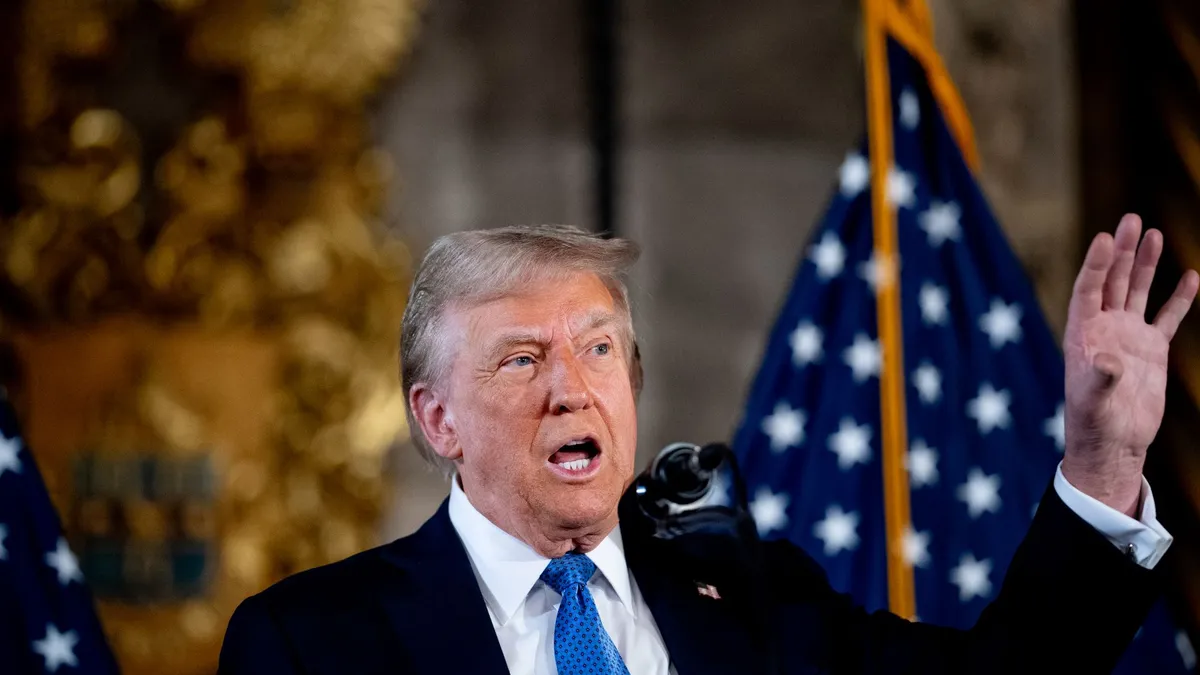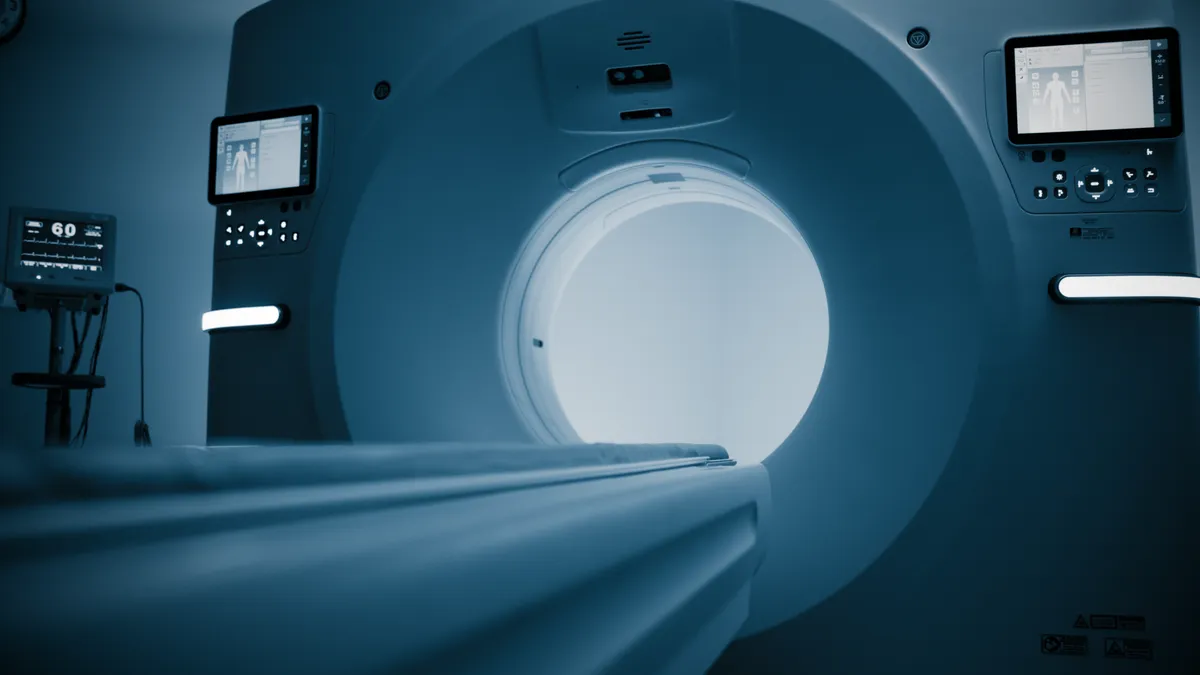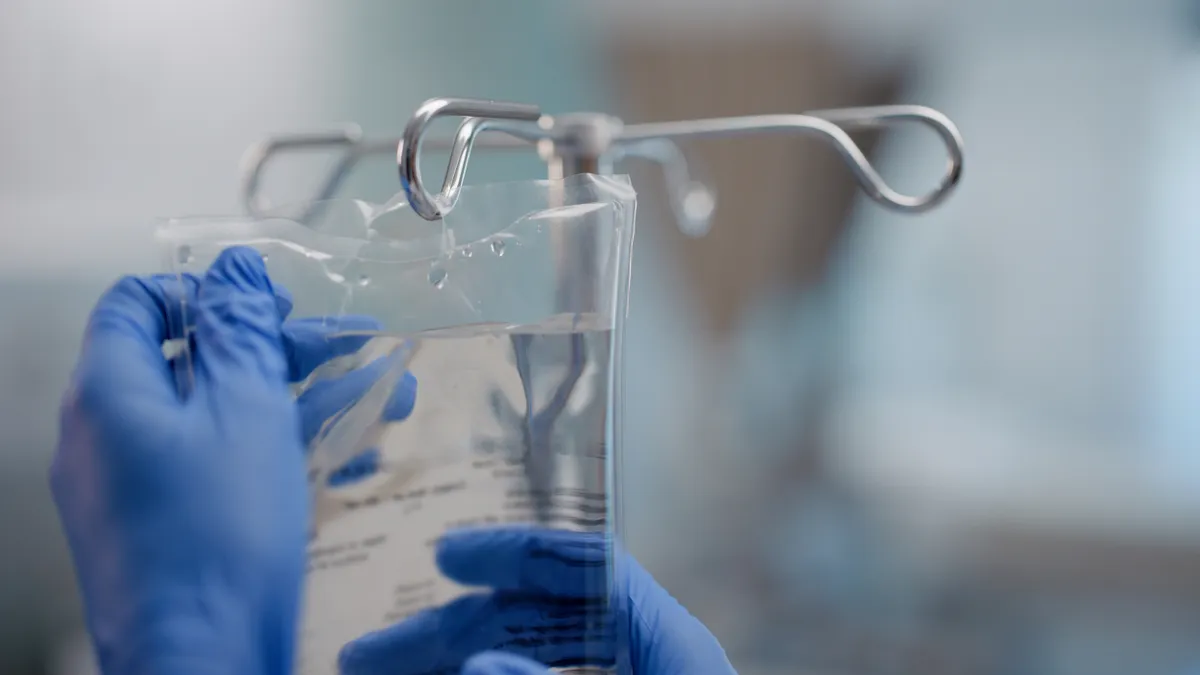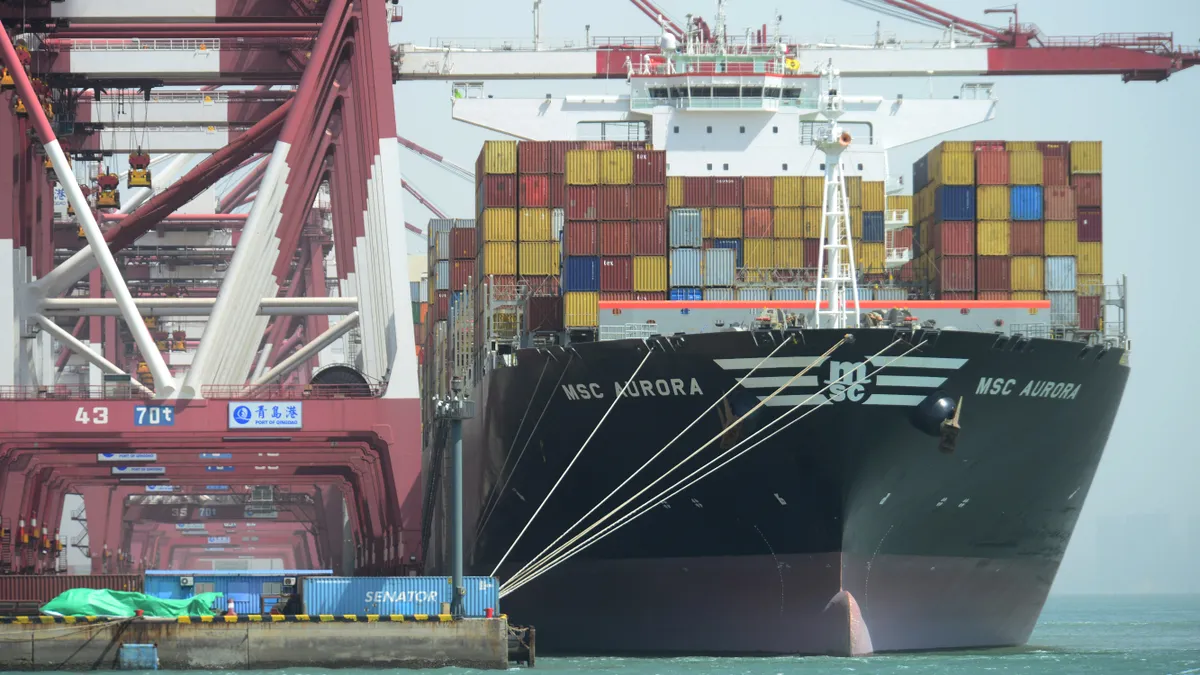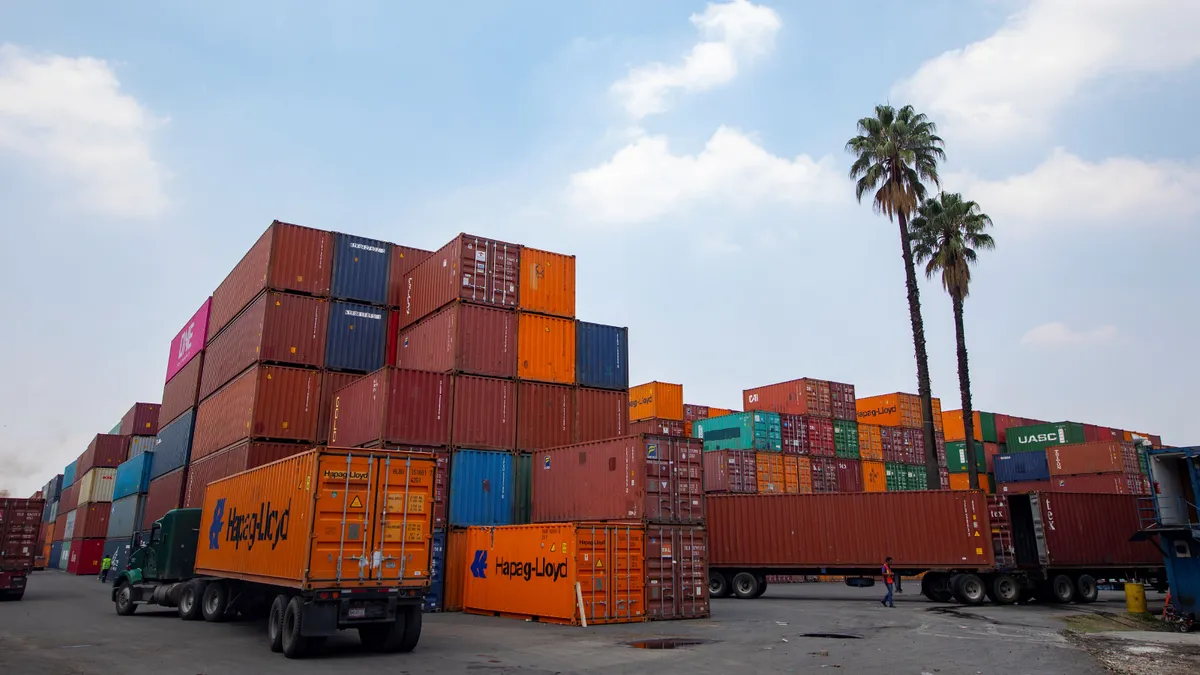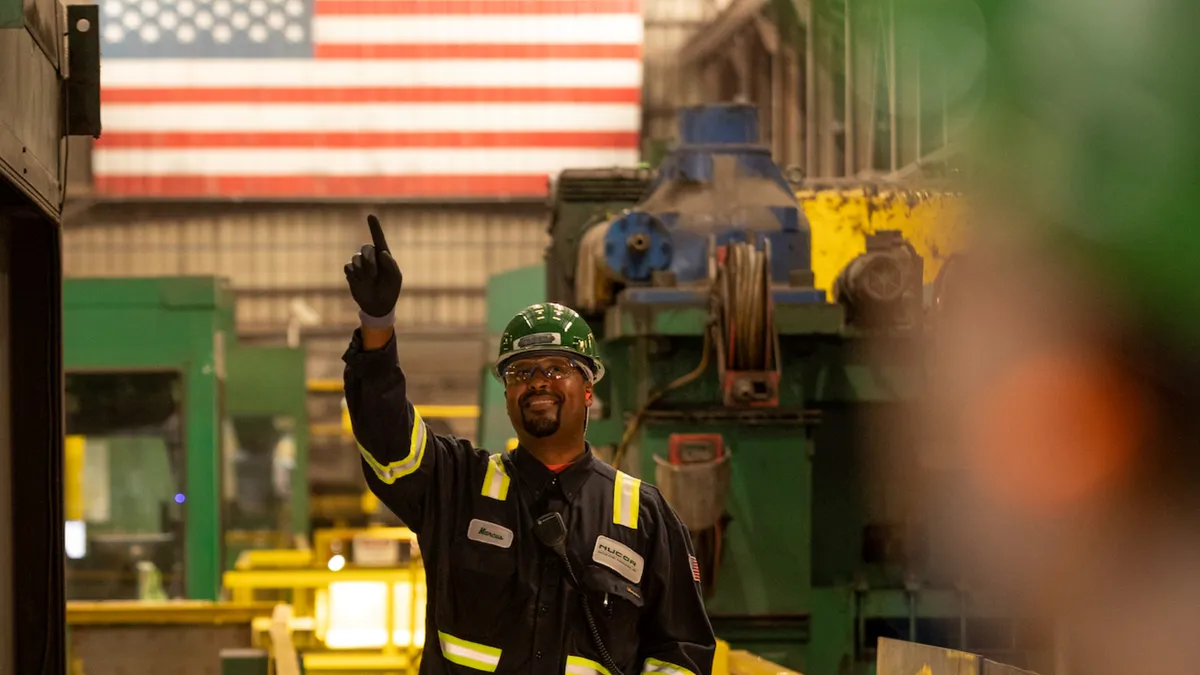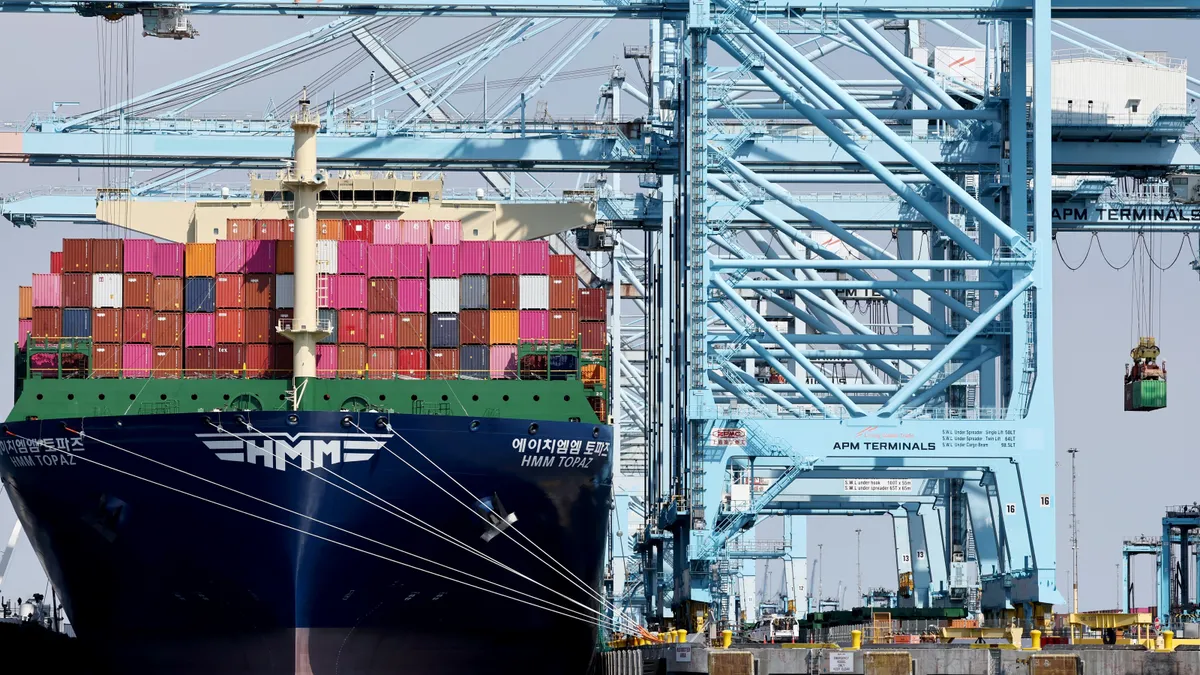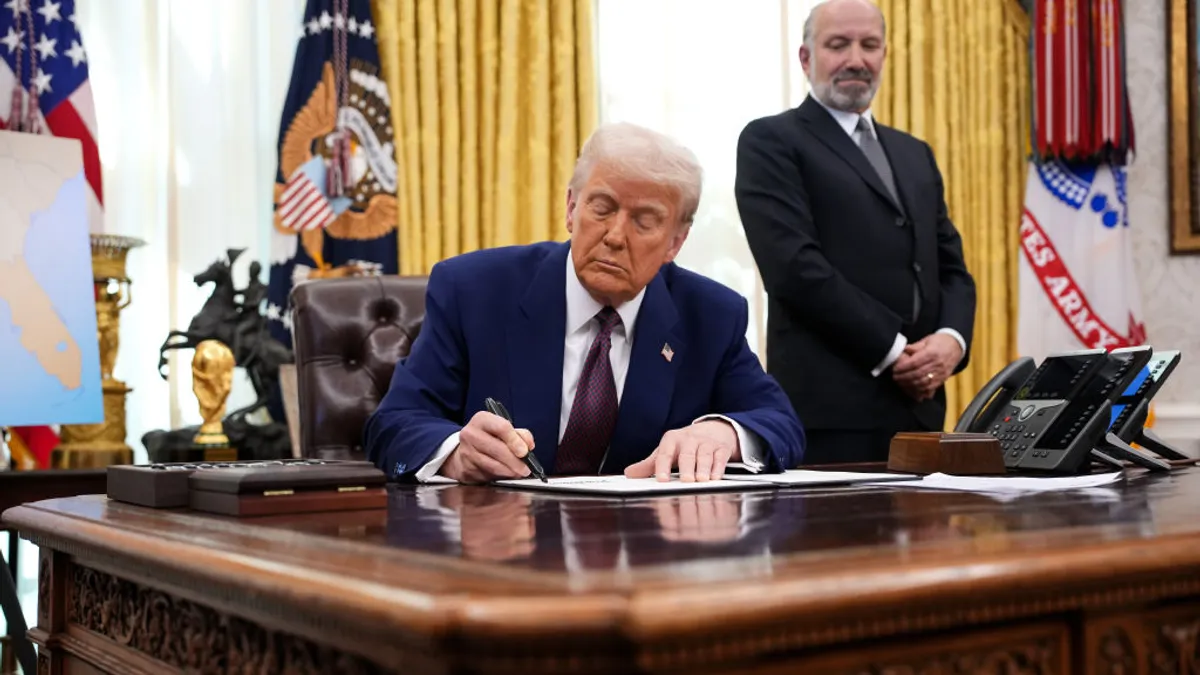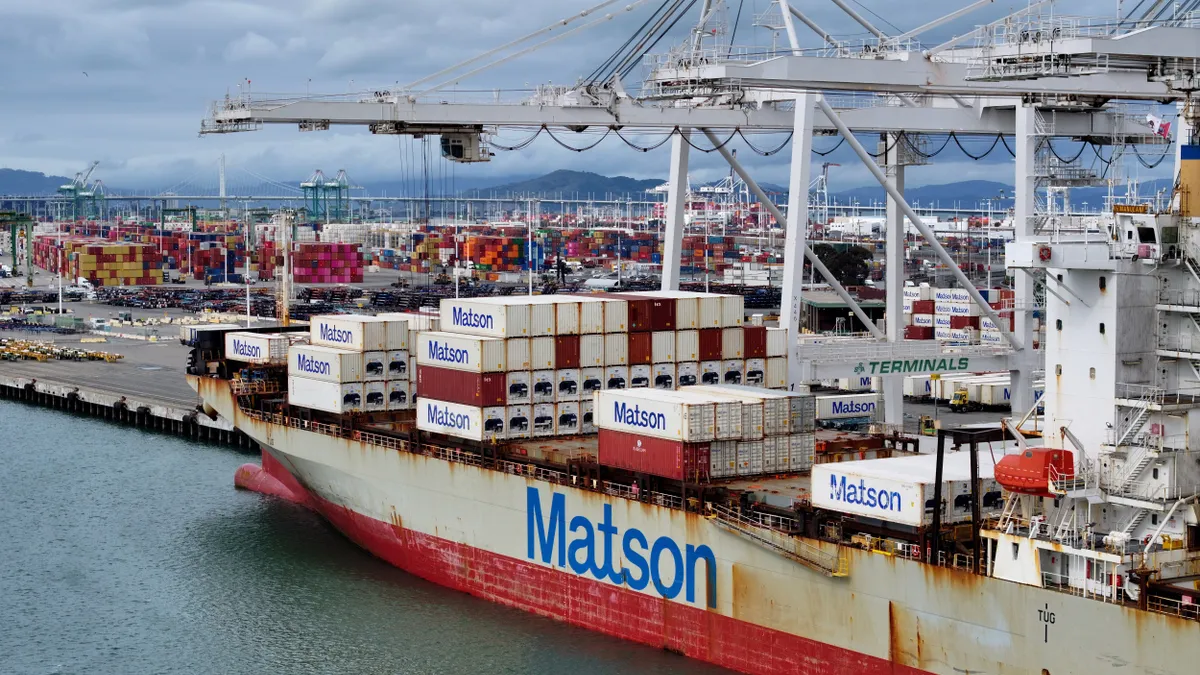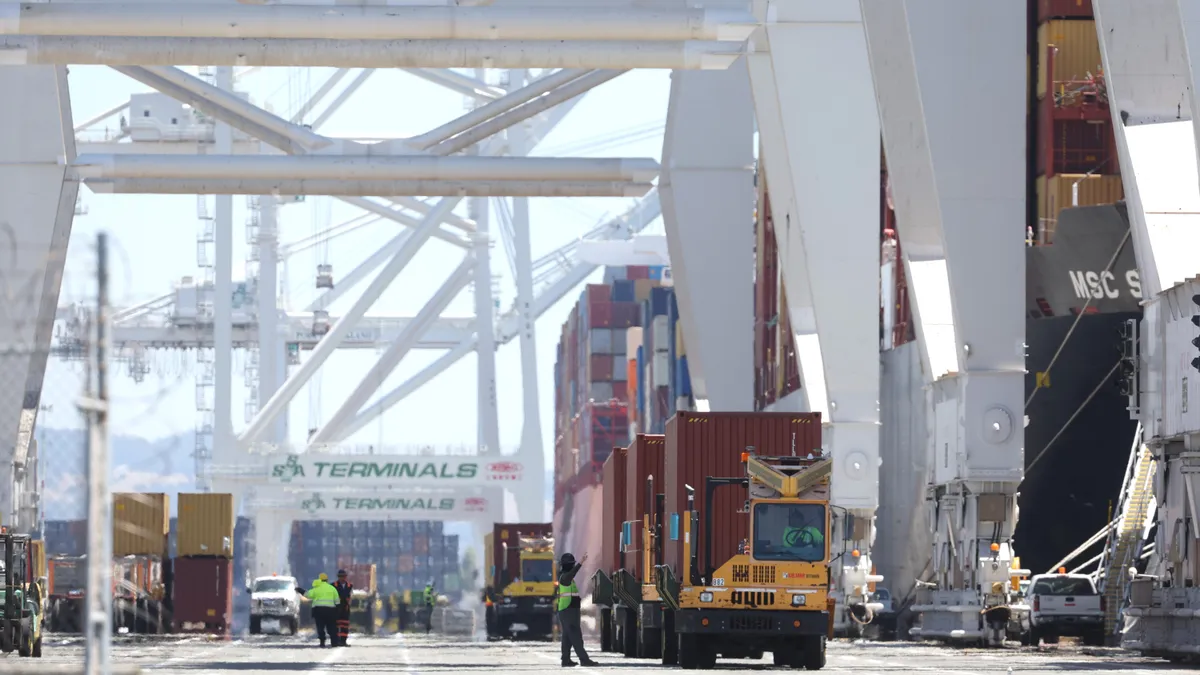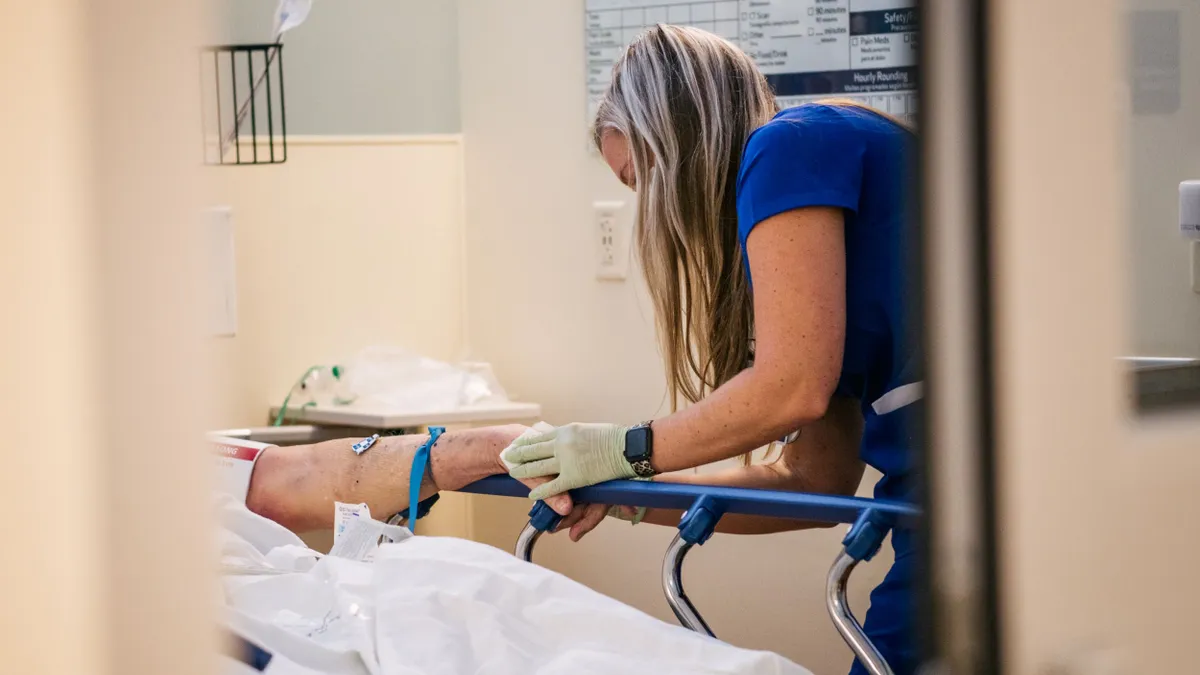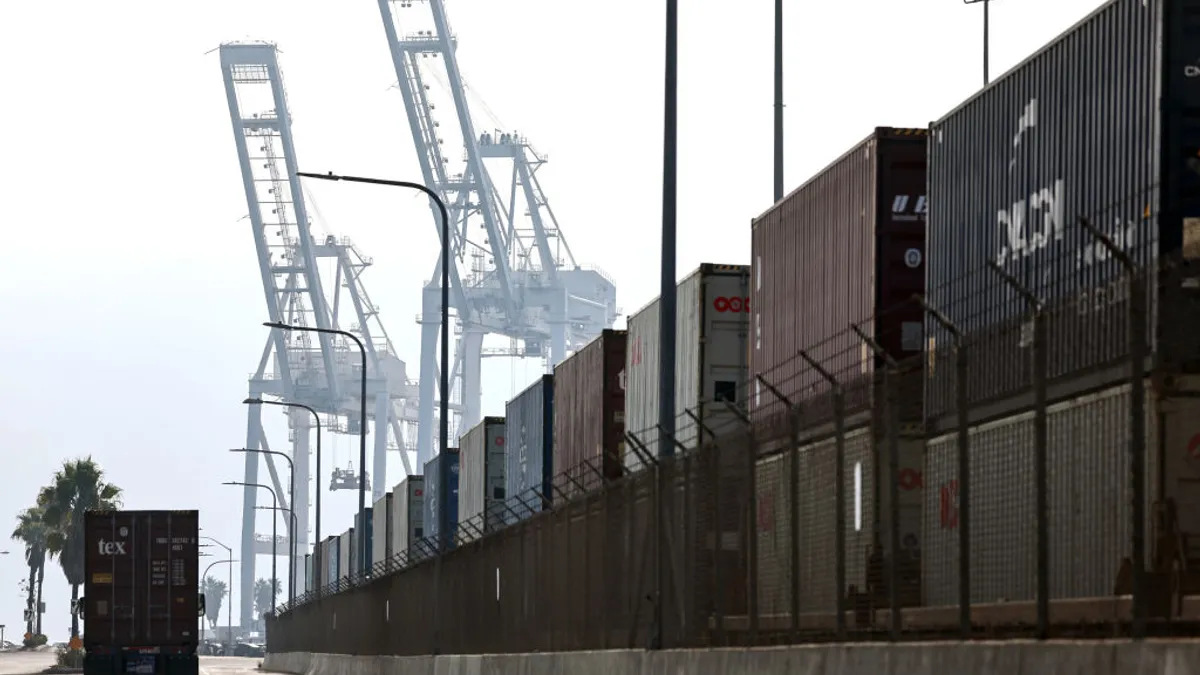Advamed, one of the largest medical device trade groups, told the Trump administration it is concerned about the potential impact of tariffs on the medical technology supply chain and wants an exemption for the industry.
Advamed CEO Scott Whitaker said tariffs affect U.S. companies like an excise tax. The impact could lead to less R&D and innovation, layoffs and higher prices for payers and patients.
President Donald Trump has said companies can avoid the impact of tariffs by manufacturing in the U.S. Whitaker said relocating manufacturing requires Food and Drug Administration approval, making it difficult to move production to the U.S. in the short term.
“We have shared with the Administration our concerns about the potential impact tariffs could have on the medical technology supply chain that American patients depend on for their care,” Whitaker said in a statement.
Given the risks to the U.S. hospital supply chain, shortages of critical medical technologies are also a concern, said Whitaker.
Trump declared an economic emergency on Saturday to impose tariffs of 25% on goods from Mexico and Canada, and an additional 10% on all imports from China. Trump said the order was necessary to hold the countries accountable for halting illegal immigration and the flow of fentanyl and other drugs into the U.S.
Canadian Prime Minister Justin Trudeau responded that his country would impose matching 25% tariffs on up to $155 billion in U.S. imports. Mexican President Claudia Sheinbaum also said the country would order retaliatory tariffs.
On Monday, the U.S. and Mexico agreed to delay the 25% tariff on Mexican imports for one month, and Sheinbaum said Mexico would reinforce its northern border with 10,000 members of its national guard, according to an NBC News report.
“In light of that risk, an exemption was provided for most medical devices during President Trump’s first term with respect to the tariffs on China, and we are advocating for a similar approach this time,” Whitaker said. “We maintain that the potential supply chain disruption and its downstream effects on patients remain a risk, should tariffs be implemented.”
Whitaker said R&D spending would likely be the “first and most direct casualty,” threatening the U.S. medtech industry’s innovation leadership. “Increased tariffs may even have the unintended consequence of boosting the competitiveness of medtech industries of other nations,” Whitaker said.
“We hope that these critical facts resonate with the Administration,” he added.
J.P. Morgan analyst Robbie Marcus said Mexico is the largest source country of the roughly 40% of medical devices imported into the U.S. “We still think MedTech may garner an exception to the tariffs given the critical need,” Marcus wrote in a note to clients Sunday.















